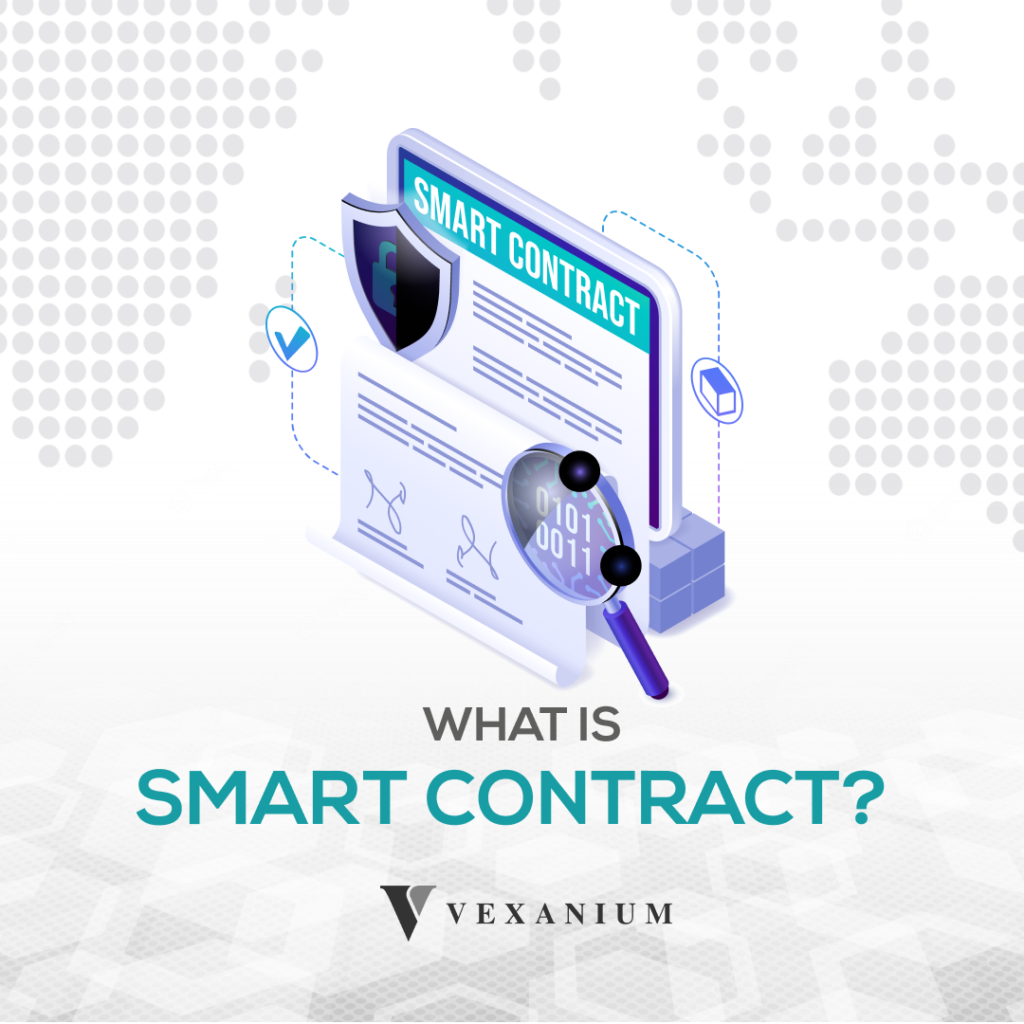
Not only used for the benefit of information technology projects; currently, tokens are also used for the development of various businesses. Crypto traders and investors are now not only focusing on digital currencies but also investing in their tokens.
The token itself is inseparable from blockchain-based smart contracts, so its use may still sound foreign to some people who are familiar with traditional systems.
Blockchain is a type of database of information stored in a computer network. Unlike most databases that use a centralized system, blockchain runs using a decentralized system in the sense that no single entity stores all the data. It is impossible to make changes to the data unilaterally.
The decentralized system on the blockchain stores data into nodes which are then distributed to thousands of networks. Thus, each node can be used as a cross-reference when data changes. To be able to facilitate a database as complex as this, in 1994, Nick Szabo created a smart contract.
What are Smart Contracts?
The smart contract is a term when two parties enter a contract automatically in the blockchain system. The blockchain will directly process all transactions made in the smart contract without any third parties involved. With smart contracts, every transaction with blockchain technology will be fully controlled transparently.
Smart Contract Type
There are two types of smart contracts: deterministic and non-deterministic. Both are distinguished based on the availability of the necessary conditions. The following is an explanation:
1. Deterministic Smart Contract
A deterministic smart contract provides any desired information via the blockchain it runs on. The information available is very diverse. It can be in certain transactions, execution of other contracts, high blocks, or various other things as long as the data can be found on the blockchain. Examples of implementing deterministic smart contracts are crypto tokens and shareholdings.
2. Non-Deterministic Smart Contract
In contrast to deterministic smart contracts, non-deterministic smart contracts require information external to the blockchain. This contract involves the intervention of a person or other factors that can not be obtained from a computer. This information can be obtained from various things, such as weather reports, election results, or sports matches.
Advantages of Smart Contracts
1. Autonomy
By using a smart contract, you no longer need to use the services of a third party, and you can get complete control over an agreement that has been made.
2. Trust
By using smart contracts, there is no need to be afraid of losing important documents because all the relevant documents are already stored in the existing system.
3. Efficient
By using a smart contract, there is no need to incur costs to pay third parties, such as property agents or notaries, when making transactions.
4. Security
Using a smart contract that has been created and implemented correctly will make the agreement difficult to hack. In addition, smart contracts are generally protected with complex cryptography making them more secure.
5. Efficiency
Using a smart contract, you can simplify all the affairs or agreements carried out. It is because there is no need to take care of various physical documents, which are often time-consuming.
Recently, the use of smart contracts has become increasingly popular. Currently, we can find its application in various industries, such as the trade industry, financial services, insurance, crowdfunding agreements, and credit authorization. It is inseparable from the benefits offered by smart contracts. If you want to create your project and use blockchain technology, you can make it on a public blockchain like Vexanium.